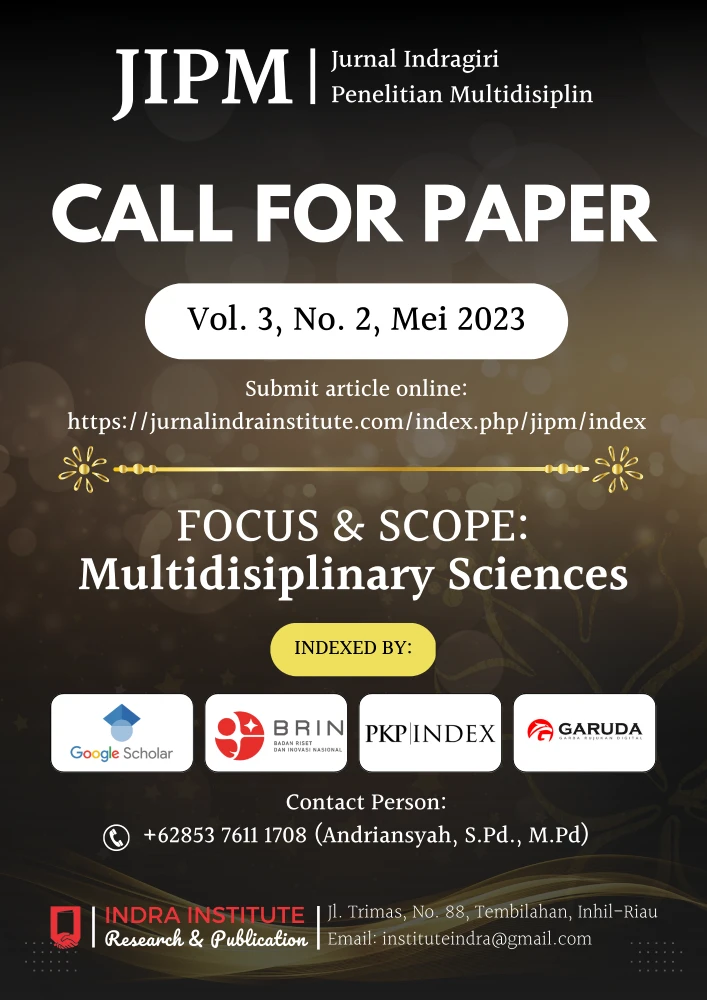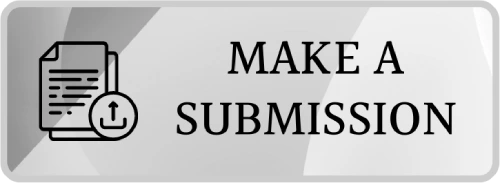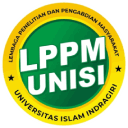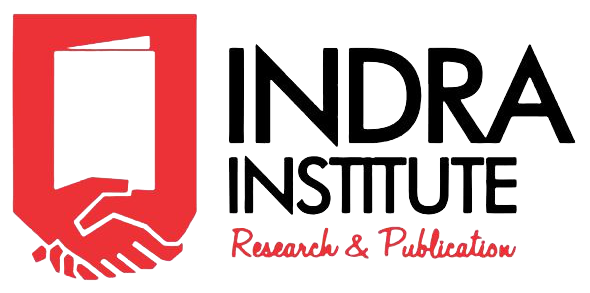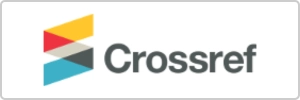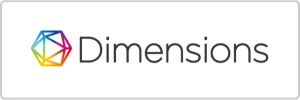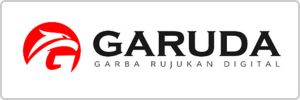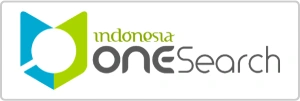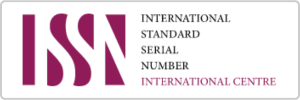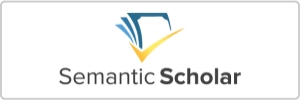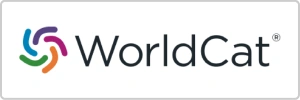Pengangkatan Pemimpin Non Muslim di Era Modern Menurut Ulama: Teks dan Konteks
DOI:
https://doi.org/10.58707/jipm.v5i1.1093Keywords:
Non-Muslim Leadership, Leadership Criteria, Classical Scholars, Modern ScholarsAbstract
Non-Muslim leadership in Muslim-majority societies is a complex and dynamic topic, involving debates between classical and modern scholarly perspectives. The main issue addressed in this study is the differing views on the permissibility of non-Muslims holding leadership positions in Muslim societies and the relevance of leadership criteria in Islam. This study aims to explore the views of classical and modern scholars regarding non-Muslim leadership and to analyze the leadership criteria outlined in Islamic literature. The research method used is qualitative descriptive, with a library research approach. Data were gathered from various literary sources, including books, journals, and academic articles, and were analyzed in depth.The findings show that classical scholars generally reject non-Muslim leadership based on explicit prohibitions in religious texts. In contrast, modern scholars provide a contextual interpretation, stating that such prohibitions apply only in times of conflict or hostility. In peaceful and democratic contexts, non-Muslim leadership is considered acceptable. Additionally, this study highlights Islamic leadership criteria, which include faith, piety, physical and spiritual health, honesty, competence, justice, professionalism, responsibility, and trustworthiness.The conclusion of this study is that the debate on non-Muslim leadership requires an inclusive and contextual approach, given the social-political complexities of modern societies. Meanwhile, the criteria for Islamic leadership remain relevant in ensuring that leaders possess the integrity and capability to meet the needs of society justly and effectively.
Downloads
Published
How to Cite
Issue
Section
License
Copyright (c) 2024 Jurnal Indragiri Penelitian Multidisiplin

This work is licensed under a Creative Commons Attribution-NonCommercial-ShareAlike 4.0 International License.

